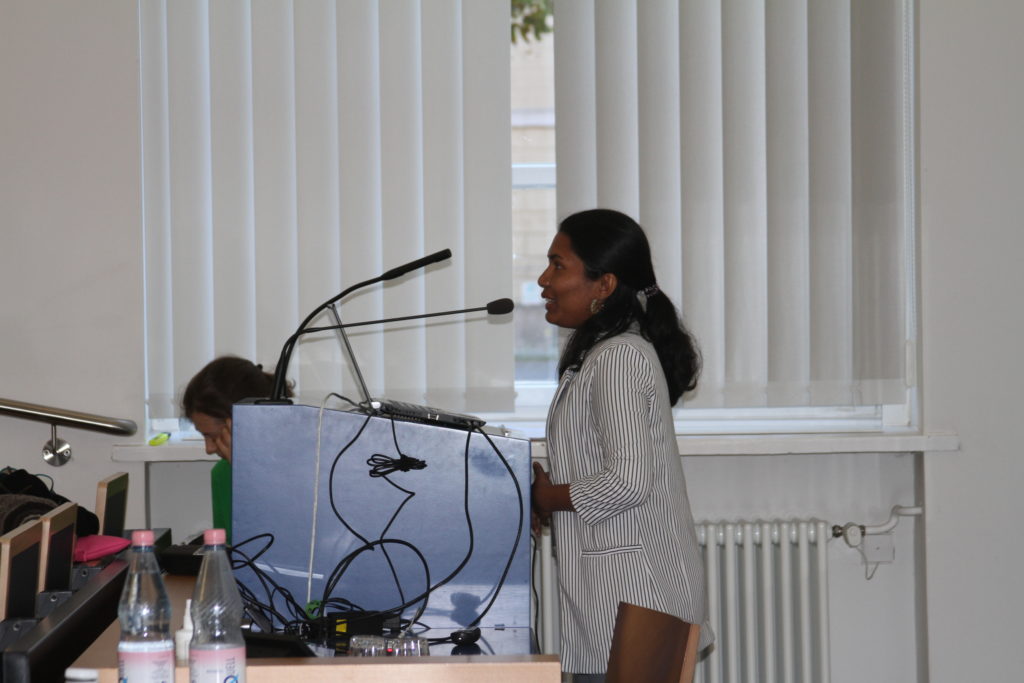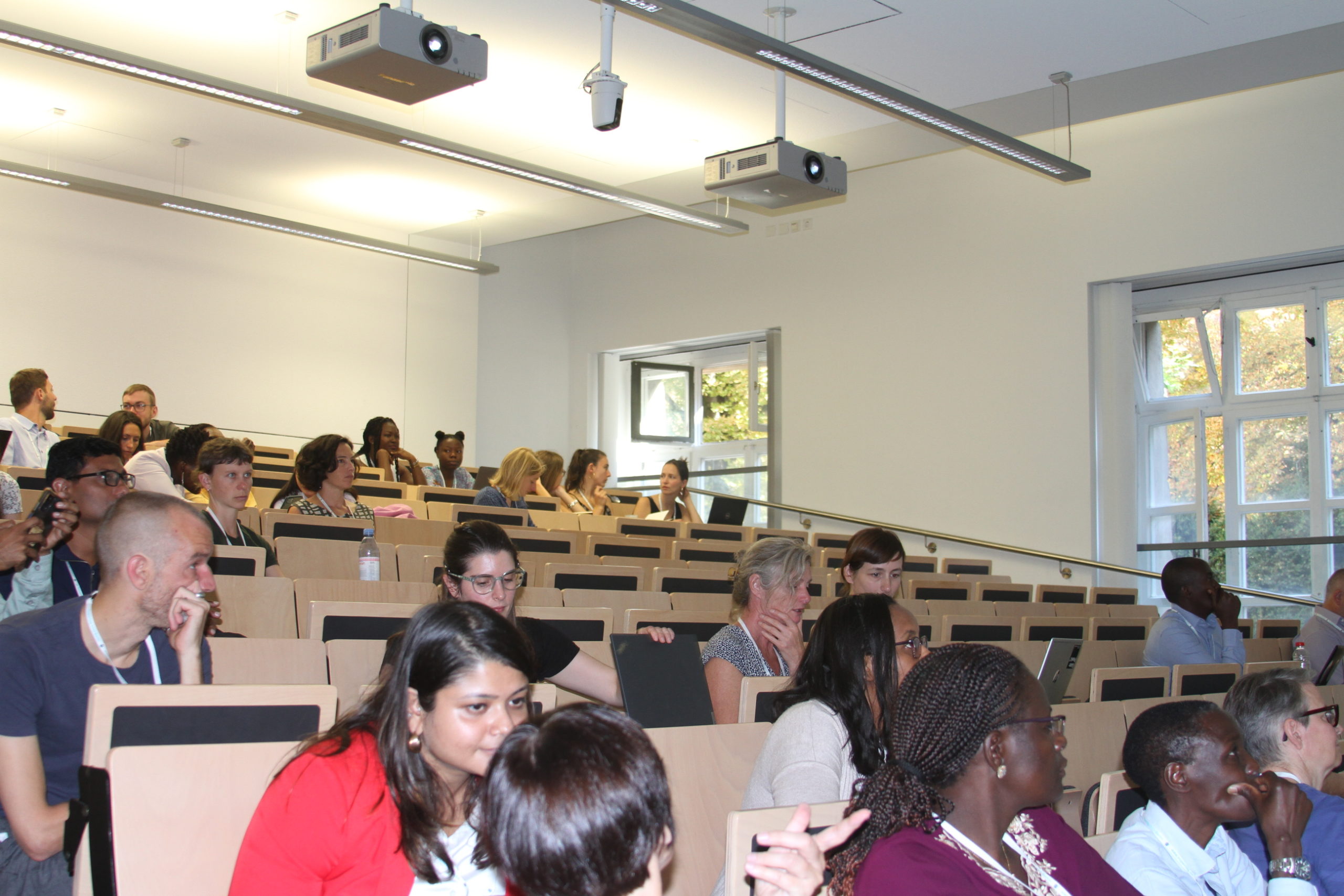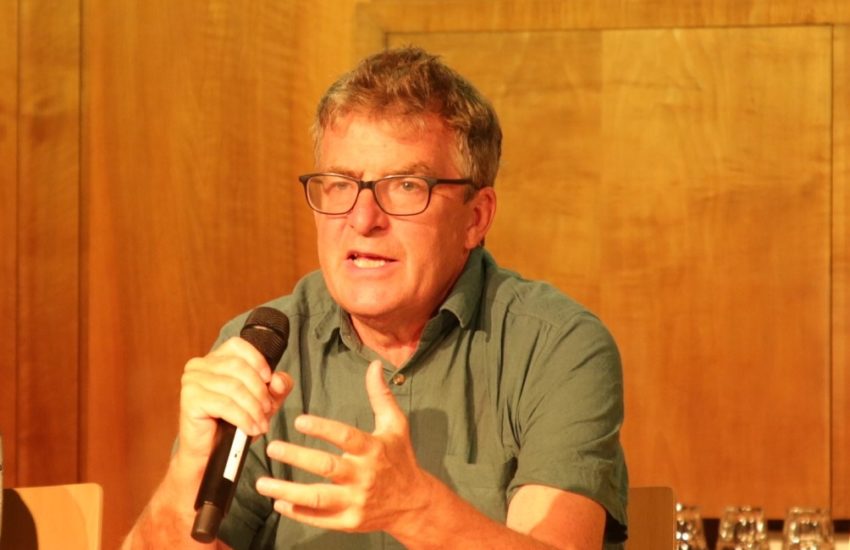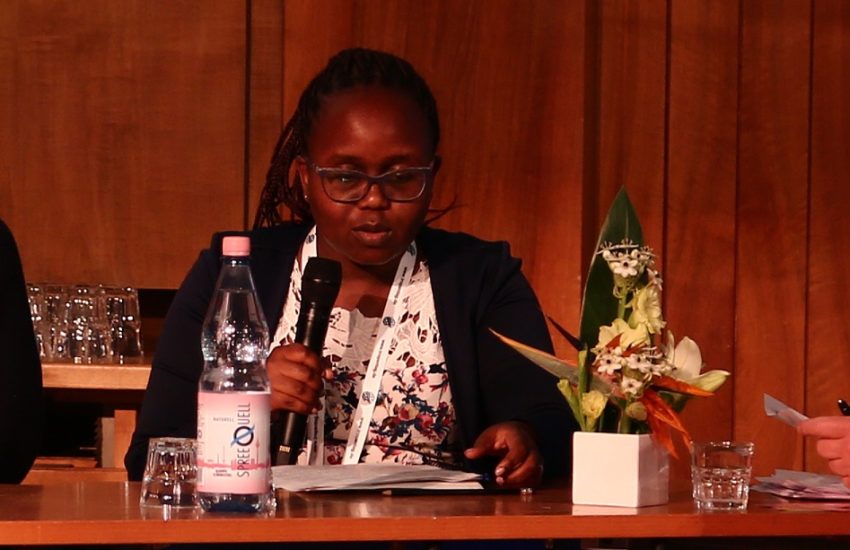Discovery of Gender-Caste Dynamics in Organic Cotton Farming in India
Ms. Kushala Witharanage from the University of Hohenheim, Germany presented preliminary findings of her master’s thesis at Tropentag 2023. She focuses on the impacts of gender-caste within organic cotton farming in India. Let’s discover more!

Q: What’s the buzz about gender and caste in organic cotton farming in India?
A: It’s all about the intersectionalities that influence who’s involved and how. Organic cotton farming, touted for its socioeconomic and environmental perks, has taken root in India. But there’s a twist: gender and caste play crucial roles.
Q: How does this intersectionality affect communities?
A: Communities in the Nimar Valley region of Madhya Pradesh have seen the impact. A research project initiated in 2007 aims to promote organic cotton farming and empower marginalized groups, particularly women from tribal communities.
Q: Tell us about the research approach.
A: They used a relational approach inspired by David Mosse, conducting 89 interviews. These included organic and conventional farmers, labourers, and discussions in the field, employing tools like social network mapping and gendered seasonal calendars.
Q: So, what did they find out?
A: One striking finding was that caste and gender representation remained static in both farming systems. Casual labourers primarily belonged to scheduled castes (SC, Dalits) and scheduled tribes (ST Tribals), especially in activities like seeding and picking.
Q: Has anything changed recently?
A: Yes, there’s been an interesting shift. Labourers now have more bargaining power over wages and hours, which is a positive social change. However, organic cotton farming demands more labour, which poses challenges.
Q: What about labor-sharing?
A: Due to higher labour wages, there’s a resurgence of labour-sharing among upper-caste farmers, with fewer lower-caste women involved. Tribal farmers are also less accessible to project activities for Dalits.
Q: How can this be improved?
A: The key is ensuring direct benefits for the Dalit tribe in project activities, even if it means higher costs for organic cotton. These increased costs could potentially be offset by higher prices for organic cotton. Plus, inclusive training for women could bring generational change, benefiting cotton cultivation.
Q: What’s the bottom line?
A: Gender and caste dynamics have a significant impact on who thrives in organic cotton farming. Recognising these intersectionalities is the first step toward more equitable and sustainable farming practices in India.



